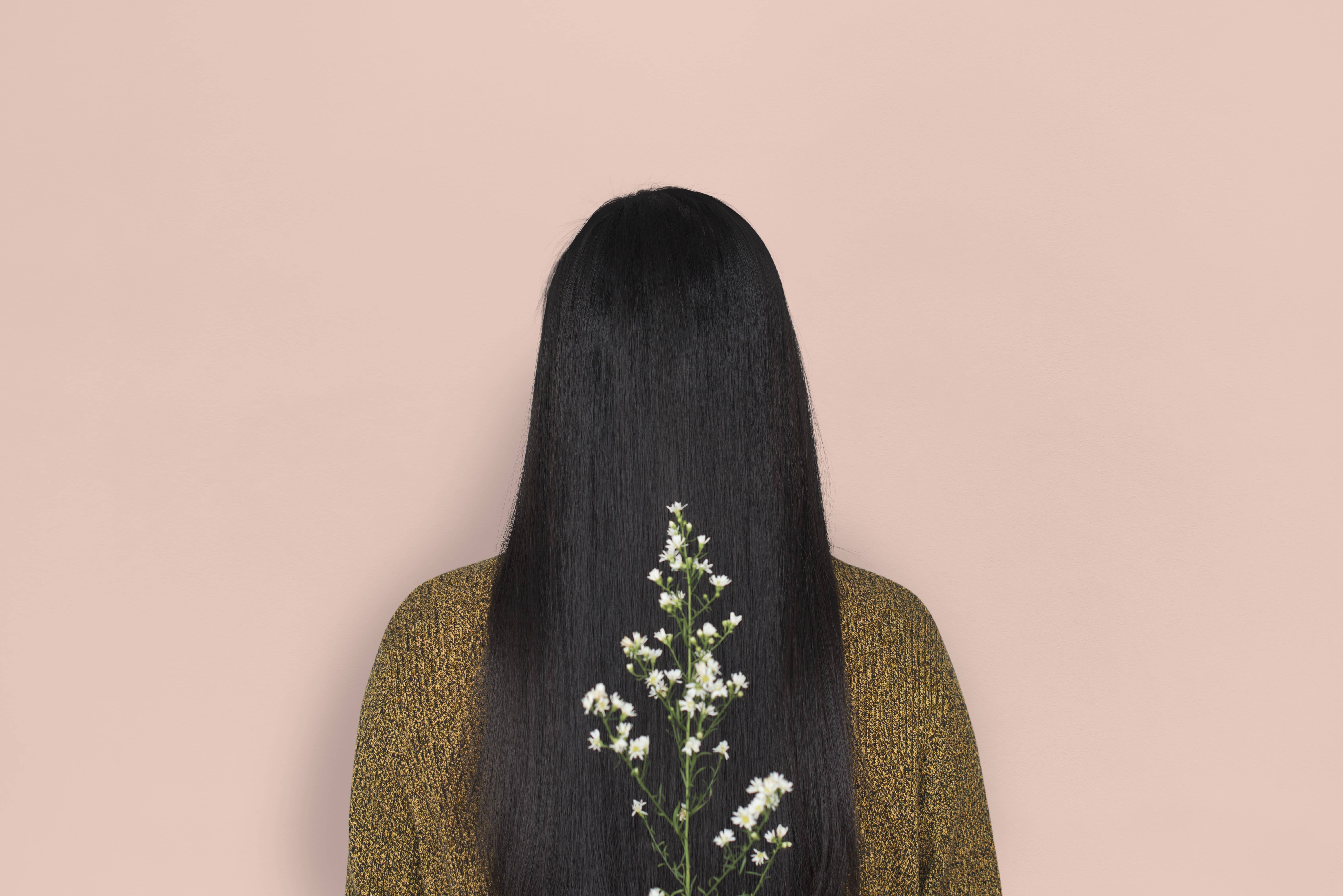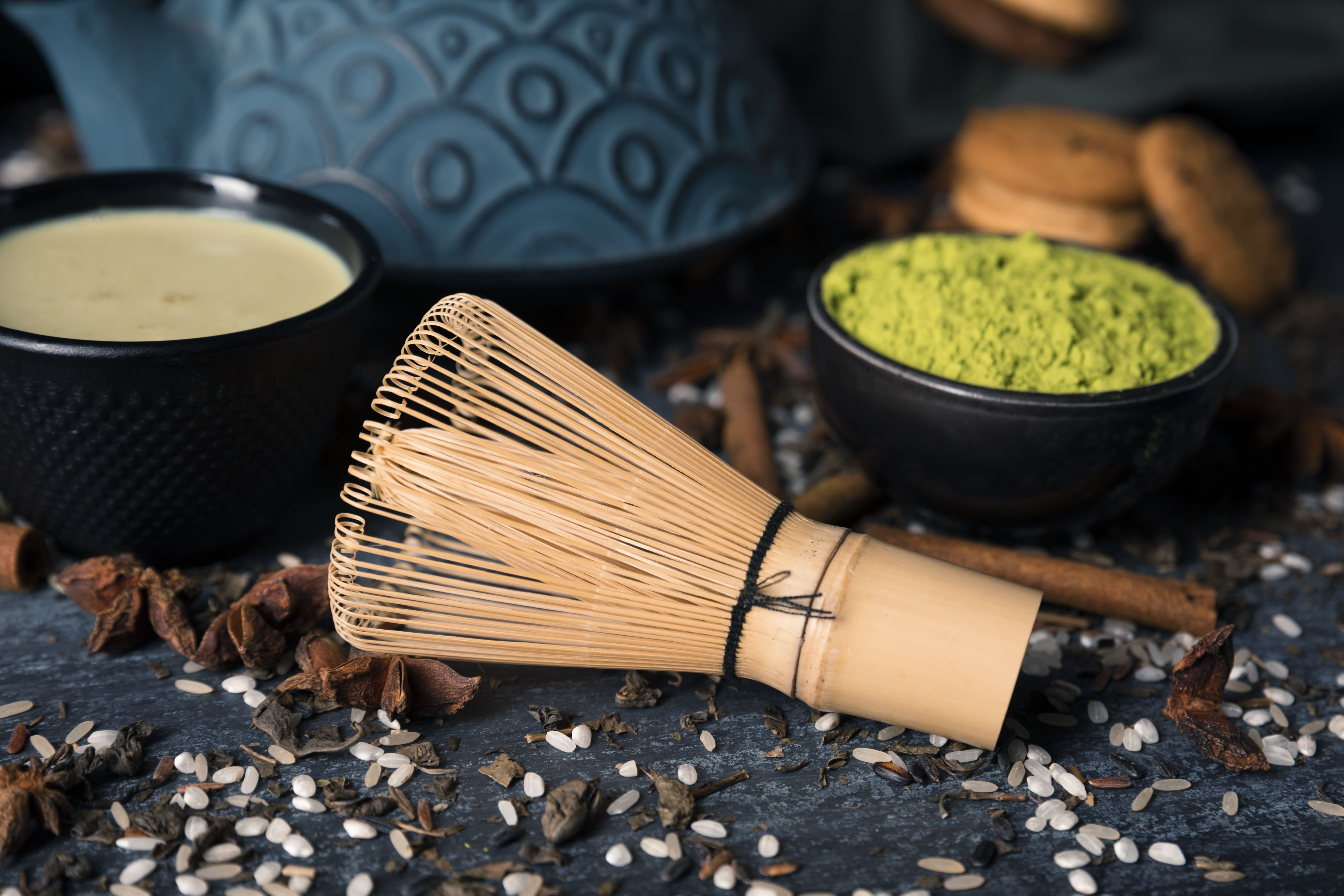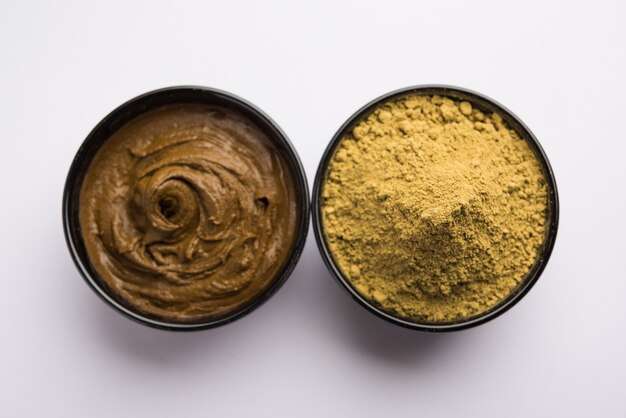Discover the Benefits of Organic Hair Color: Henna & Indigo

Introduction
- What organic hair color?
- Why choose organic hair color over chemical hair color?
- In this article, we will explore the benefits of using organic hair color, specifically henna and indigo.
Understanding Organic Hair Color
- Definition and characteristics of organic hair color
- The difference between organic and chemical hair color
The Natural Elements: Henna and Indigo
- Introduction to henna as a natural hair coloring agent
- Benefits and properties of henna
- Introduction to indigo as a natural hair coloring agent
- Benefits and properties of indigo
Combining Henna and Indigo for Optimal Results
- The process of combining henna and indigo for hair color
- Benefits of using a henna and indigo mix
- Achieving desired shades with henna and indigo
A Safer Alternative: Organic Hair Color for Sensitive Scalps
- How organic hair color is gentler on the scalp
- Relief from allergies and reactions caused by chemical hair color
- Organic hair color suitable for sensitive skin types
Enhanced Hair Health and Condition
- Nourishing effects of organic hair color on hair strands
- Natural conditioning properties of henna and indigo
- Improving hair texture and overall hair health
Long-Lasting and Fade-Resistant Color
- The longevity of organic hair color compared to chemical hair color
- How henna and indigo help maintain color vibrancy
- Preventing color fading with organic hair color
Versatility: More Than Just Hair Color
- Other benefits and uses of henna and indigo
- Henna and indigo for body art and temporary tattoos
- Natural hair care routines using henna and indigo
Sustainability and Environmental Impact
- The eco-friendly nature of organic hair color
- Reducing chemical pollution in water systems
- Supporting sustainable farming practices
Boosting Confidence with Natural Hair Color
- Embracing individuality and uniqueness with organic hair color
- Feeling empowered with a natural hair color choice
- Inspiring others to make the switch to organic hair color
Conclusion
In conclusion, organic hair color, specifically henna and indigo, offers numerous benefits for those looking for a safer and more natural alternative to chemical hair color. With their nourishing properties, long-lasting color, and versatility, henna and indigo have become popular choices among individuals seeking a healthier approach to hair coloring. Additionally, organic hair color is gentle on sensitive scalps, promotes hair health, and has a lower environmental impact. By making the switch to organic hair color, individuals can embrace their unique style while prioritizing their overall well-being.
Frequently Asked Questions
- Can organic hair color achieve the same variety of shades as chemical hair color?
- Yes, by combining henna and indigo in different ratios, various shades can be achieved, ranging from reds and browns to blacks.
- Will henna and indigo damage my hair like chemical hair color?
- No, henna and indigo actually nourish and condition the hair, improving its overall health and texture.
- How long does organic hair color typically last?
- Organic hair color lasts longer than chemical hair color, with results usually visible for up to 6-8 weeks.
- Is it possible to remove organic hair color if I’m not satisfied with the result?
- While organic hair color is more challenging to remove than chemical hair color, it can be lightened gradually with natural remedies such as lemon juice and chamomile tea.
- Can henna and indigo be used on all hair types?
- Yes, henna and indigo are suitable for all hair types, including curly, straight, and chemically treated hair.


